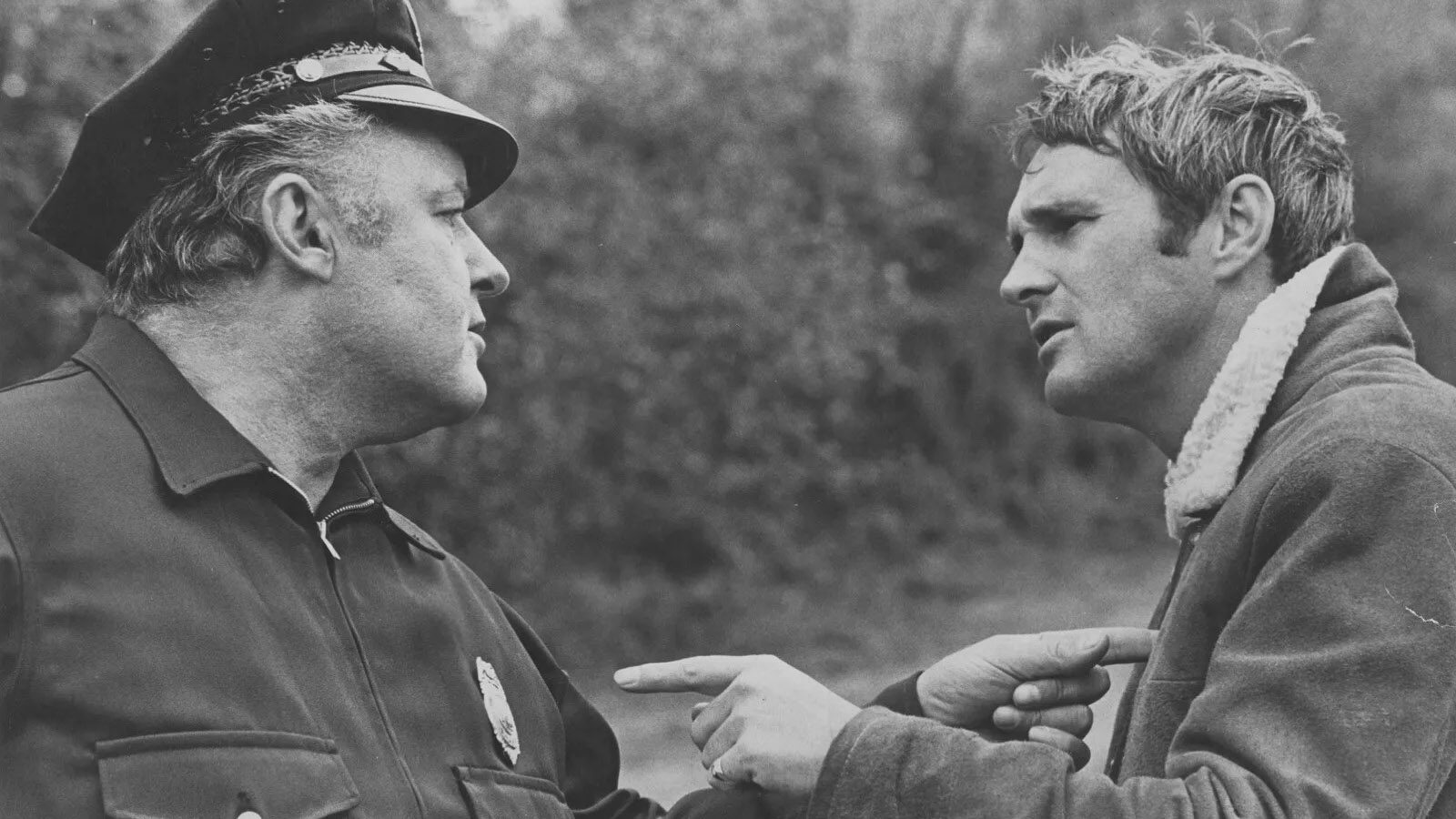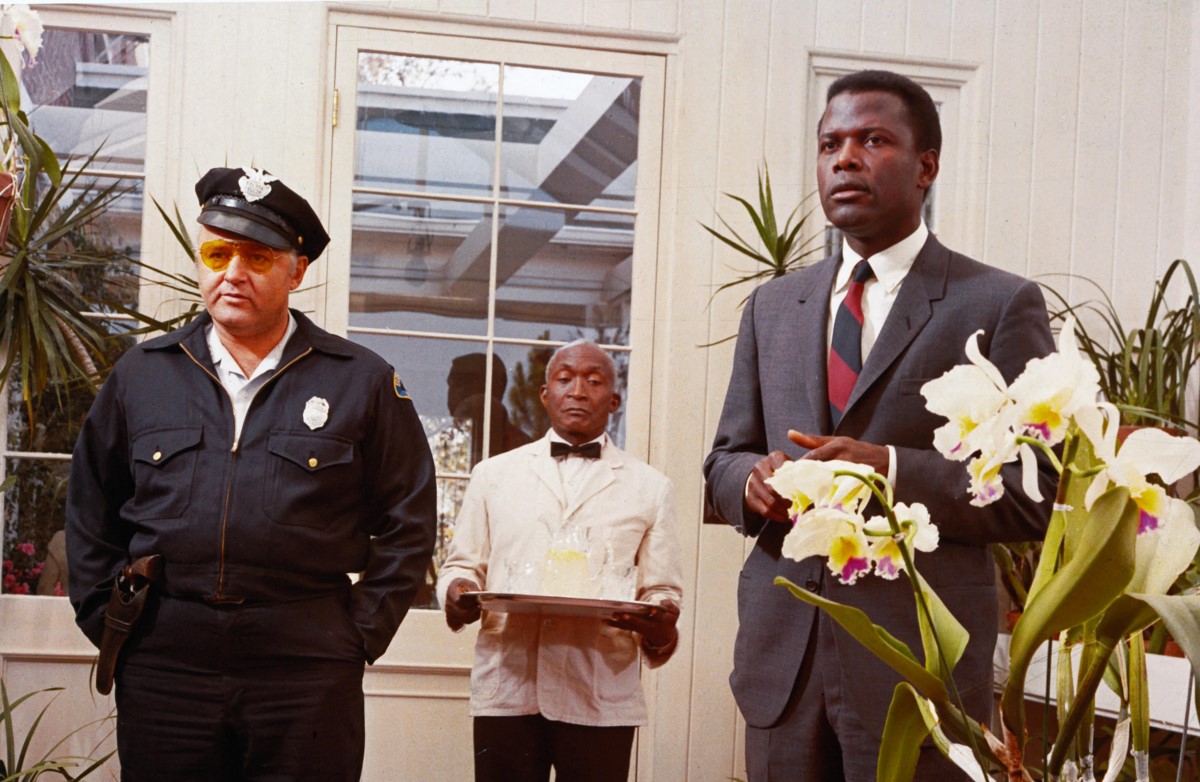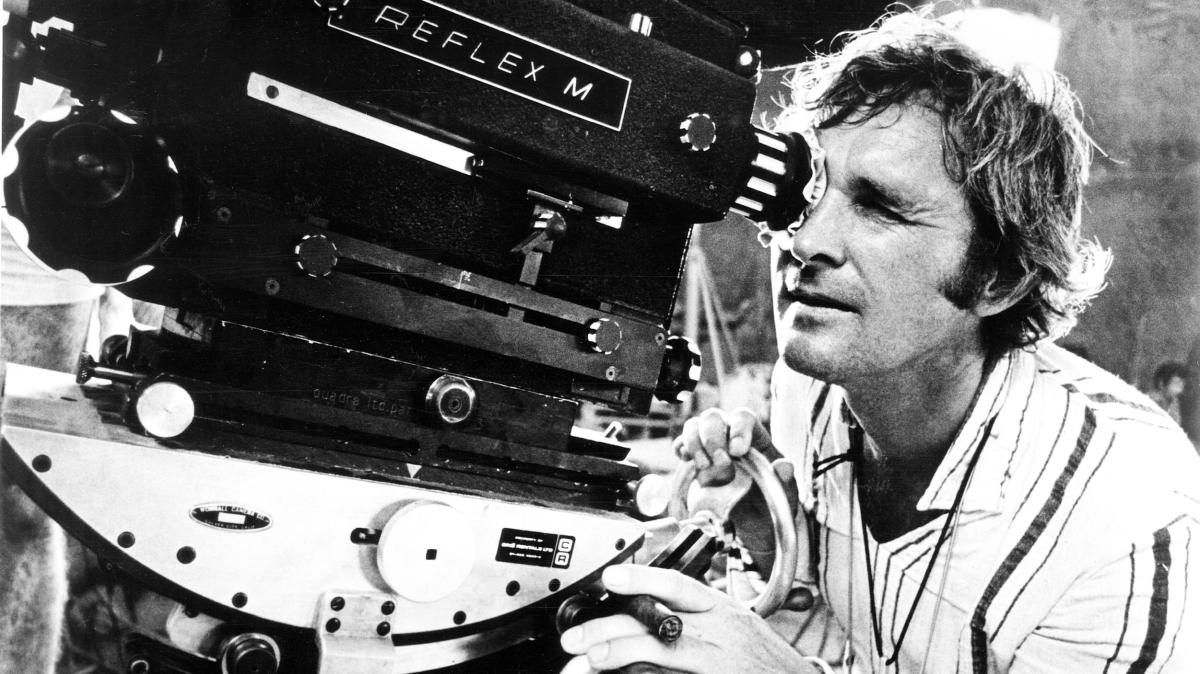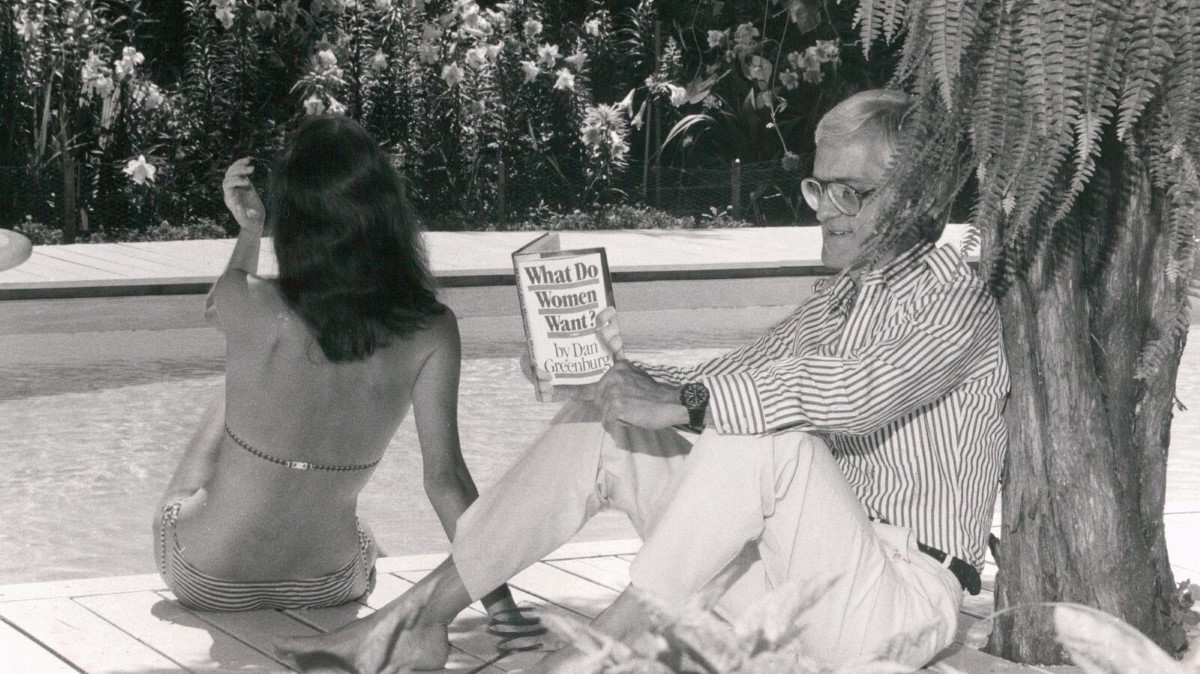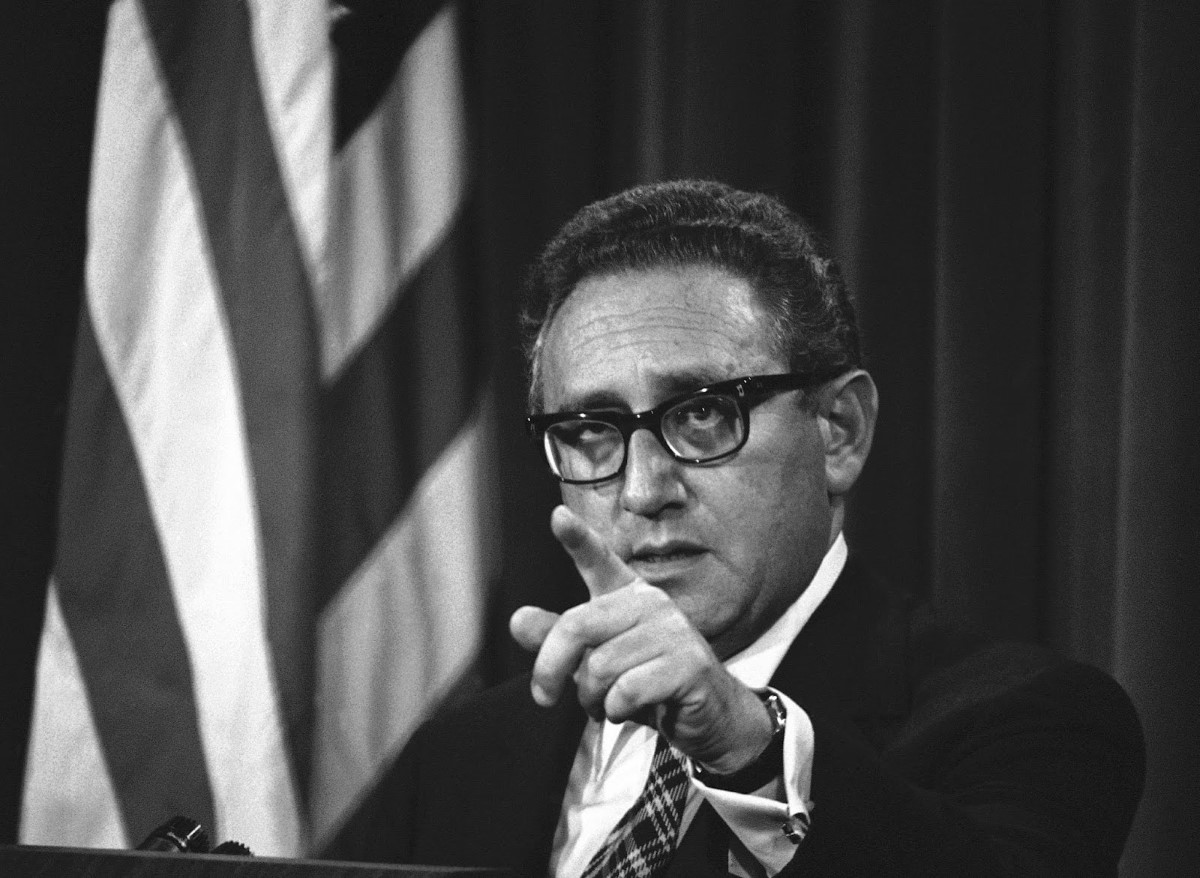THE LONG GOODBYE
NORMAN JEWISON (1926-2024)
by Pier Maria Bocchi
Norman Jewison passed away on January 20th at the age of 97. With his passing, the curtain falls on Hollywood’s era of white supremacy ideology and that of the Academy—the most hypocritical and politically correct of them all. This was the era of Stanley Kramer, loathed by progressive cinephiles (Tarantino despises Kramer), an ideology now demonized by many. Yet, today’s critics, quick to point fingers while simultaneously engaging in flattery, preach from a position just as hypocritical and politically correct. Thus, the issue is more complex than it appears. This is not to say that the disdain is completely unjustified. Hollywood was then a place of ambiguity and pretense, where the major studios and the studio system were as much a shield as a show of force. The emergence of New Hollywood was a sudden and probably inevitable reaction. However, Jewison and Kramer, rather than speaking the language of dishonesty, mastered its articulation for their benefit. Their cinema was sharper than cunning, more insightful than deceitful, fostering dialogue and debate not out of malice or industrial gain, but to provoke understanding among viewers. The audience of the tumultuous ’60s and ’70s needed guidance, education, and there’s nothing wrong with that, even at the most basic level.
Then there were those who utilized shock, but not Kramer, not Jewison. They consistently presented films that were soothing on the surface yet deeply personal beneath. Odd, for a cinema that seemed anything but personal, rather, it appeared utterly generic. Yet both Kramer and Jewison had the knack for translating uniqueness into universally understandable themes. This was no small feat. It was a hallmark of the greatest, or at least those who understood the crucial balance between identity and community. The mold has been lost. Is it any wonder, then, that neither won an Oscar for Best Director despite numerous nominations? They were not hypocrites; they were universally accessible—an affront to the style’s barricaders, the authorial clues, the singularity above all else.
Norman Jewison, a Canadian by birth and less gifted than Kramer, engaged with conformity through a cinema that was quintessentially Hollywood, challenging didacticism with topical pamphlets on racism (In the Heat of the Night, A Soldier’s Story, The Hurricane), the commerce of violence (Rollerball), the absurdity of laws (…And Justice for All), and the imponderability of beliefs (Jesus Christ Superstar, Agnes of God). Yet, his films consistently transcended the hot topic to emerge as products of unmatched entrepreneurial craftsmanship. Consider The Cincinnati Kid, the finest “card thriller” ever made, or Moonstruck, which astonishes with its qualities and completeness upon rewatching. Norman Jewison has died. With him ends a corporate atelier that nurtured us and opened our eyes, even in the most problematic ways. Don’t think it was easy.
Film TV, No. 5 , January 30, 2024

